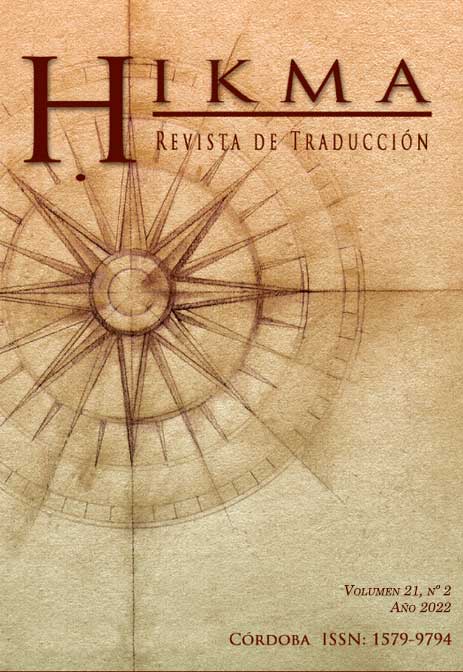Finding ethics in and out of codes: ethical dilemmas faced by healthcare interpreting student interns
Main Article Content
Abstract
Establishing a code of ethics is a requirement an occupation must meet to become a full-fledged profession. In healthcare interpreting, several professional associations have published their own codes. Students are introduced to these codes in the classroom, but when they access the profession they often face ethical dilemmas that may overlap with their professional obligations. This paper explores a series of ethical dilemmas faced by students that first encounter the workplace as part of an internship programme. Drawing on participant observation and post-encounter interviews, we identify ethical dilemmas, describe the interns’ behaviour, and illustrate the rationale behind their choices. This allows us to isolate factors that hinder participants from strict adherence to codes of ethics (i.e., the theory-practice gap, contextual restrictions, and human emotion). In the light of results obtained, we encourage trainers and interpreters to develop critical ethical thinking in different healthcare scenarios to facilitate assessing the consequences of (not) following a code of ethics.
Keywords: Healthcare interpreting, Ethical dilemmas, Code of ethics, Student interns, Training
Downloads
Article Details

This work is licensed under a Creative Commons Attribution-NonCommercial-ShareAlike 4.0 International License.
Authors who publish with this journal agree to the following terms:
1. Authors retain copyright and grant the journal right of first publication with the work simultaneously licensed under a Creative Commons Attribution License that allows others to share the work with an acknowledgement of the work's authorship and initial publication in this journal.
2. Authors are able to enter into separate, additional contractual arrangements for the non-exclusive distribution of the journal's published version of the work (e.g., post it to an institutional repository or publish it in a book), with an acknowledgement of its initial publication in this journal.
3. Authors are permitted and encouraged to post their work online (e.g., in institutional repositories or on their website) prior to and during the submission process, as it can lead to productive exchanges, as well as earlier and greater citation of published work (See The Effect of Open Access).

